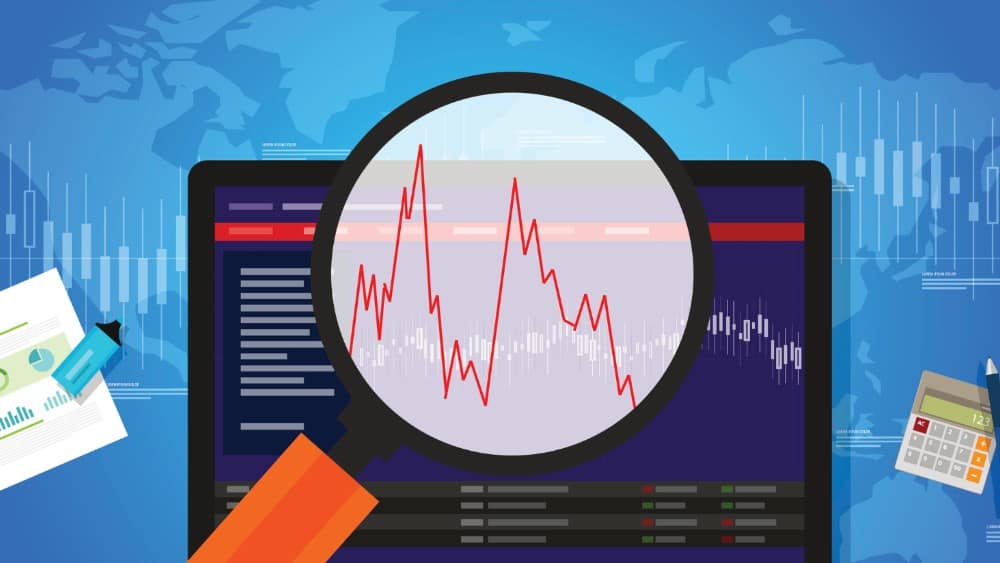The 2010s are coming to a close and we’re just weeks away from a brand new decade.
While it’s been a great decade for most investors, some folks have been left in the dust. People who embraced a deep value investing approach likely underperformed as stocks with low price-to-book ratios languished compared to sexier growth or dividend stocks.
We don’t know what will happen to overall stock markets in the next decade. All we can do as active investors is buy what we view as good stocks and avoid the rest. Hopefully, that’s enough to grow our money.
Investors spend a lot of time trying to pick the best stocks, but barely any time trying to avoid the worst. Let’s take a little time today and profile three Canadian stocks that don’t look likely to survive until 2030.
Indigo
Indigo Books and Music (TSX:IDG) CEO Heather Reisman recently made headlines when she told BNN Bloomberg that her bookstore and general merchandise chain didn’t compete with Amazon. Indigo, she argued, is a store customers will visit to discover new treasures — something Amazon can never compete with.
Unfortunately, the numbers don’t back up this assertion. In its most recent quarter, the all-important same-store sales metric plunged, falling 8% compared to the same period last year.
The weakness wasn’t just contained in stores, either, with online sales falling as well. Net losses for the quarter swelled to more than $20 million, or nearly 10% of revenue.
The company’s balance sheet is also deteriorating quickly. A year ago, it had $120 million worth of cash and short-term investments. By the end of its most recent quarter, this balance has dwindled to the $60 million range.
Over the last decade, Indigo’s stock price is down approximately 70% despite a good economy without any major hiccups. One crisis that sends consumer spending plunging could be enough to finish the stock.
IGM Financial
One of the major investing trends of the 2010s has to be the rise of low-cost passive investing, which has hit traditional wealth management companies hard.
One of the most affected has been IGM Financial (TSX:IGM), the parent company of Investors Group. For years, Investors Group was a great business that made gobs of money charging Canadians high fees to invest their capital. The ETF revolution has changed the game, however, which strikes right in the heart of IGM’s business model.
Now that robo-advisors and do-it-yourself investing solutions have become popular for retail investors, IGM has pivoted its strategy. Its army of consultants have focused more on financial planning, and it’s marketing itself to try to attract higher net worth clients.
The problem is that the latter is extremely competitive, and the internet has made a lot of financial planning unnecessary. Why would you pay someone to answer financial questions when the answer is a quick search away?
The good news is that unlike many other suffering stocks, IGM is still profitable, and pays investors a generous 5.9% dividend. But be warned; the stock will drop like a stone once the fundamentals really start to deteriorate. It’s why I don’t consider the dividend safe at all.
Baytex Energy
Baytex Energy (TSX:BTE)(NYSE:BTE) has good assets. Its acreage in the Eagle Ford formation in Texas offers low operating costs and high netbacks, and its expansion into the Viking formation in Eastern Alberta and Western Saskatchewan has been successful. Heck, even its heavy oil operations are holding their own.
There’s just one big problem, however. The company has far too much debt and needs a substantially higher commodity price to get itself out of this hole. It also needs to happen fairly quickly given the major debt maturities due in 2021.
Yes, Baytex should be cash-flow positive in 2020. But it must constantly reinvest in new wells to grow production. If all the cash flow goes toward debt repayment, then production suffers; this isn’t a problem with an easy solution.
I believe that Baytex will eventually avoid bankruptcy as a player with deeper pockets purchases the assets for about what Baytex’s debt is worth. For equity holder, it likely won’t be a favourable outcome.










